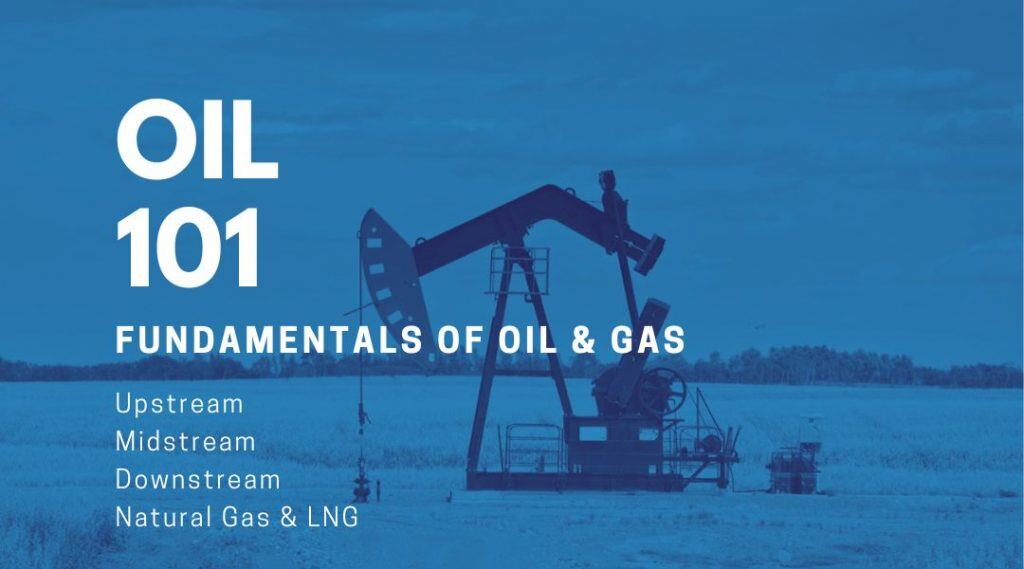A pipeline operator is responsible for the safe and efficient operation of pipelines that transport various products, such as crude oil, natural gas, and refined petroleum products.
The role of a pipeline operator involves monitoring and controlling pipeline operations to ensure that products are transported safely and efficiently from one location to another.

Whether it’s oil and gas, power, or renewables that is your chosen career path, our e-learning courses can help you get a leg up on the competition and get your food in the door.
We often hear from learners who successfully use our courses to prepare for the interview process. After all, you’re using the same courses that companies themselves use to prepare their teams.
As this student passed on:
I would like to thank you for your brilliant Oil 101 materials. I did use it to prepare for the recruitment process, and managed to take a new role in the oil and gas industry!
Get started with our Energy 101 courses today!
Some specific duties of a pipeline operator may include:
- Monitoring pipeline operations using computerized control systems, sensors, and other equipment.
- Conducting routine inspections of pipelines to identify and address any maintenance or repair needs.
- Responding to alarms or other indicators of pipeline issues, such as leaks or pressure drops.
- Conducting safety checks and testing equipment to ensure that it is functioning properly.
- Communicating with other pipeline operators, supervisors, and emergency responders as needed.
- Maintaining records of pipeline operations, including product flow rates, pressures, and other relevant data.
- Participating in safety training programs and adhering to safety protocols to prevent accidents or injuries.
Pipeline operators typically work in control rooms or other facilities where they monitor and control pipeline operations.
They may work in shifts, including nights, weekends, and holidays, to ensure that pipelines are monitored around the clock.
Pipeline operators may work for pipeline companies, oil and gas companies, or other organizations that operate pipelines.
Pipeline Operator Salary
The salary of a pipeline operator can vary depending on various factors such as location, level of experience, and employer.
According to data from the Bureau of Labor Statistics (BLS), the median annual wage for pipeline transport workers, including pipeline operators, was $68,430 as of May 2020.
However, the salary range for pipeline operators can vary widely, with some earning less than $42,250 per year and others earning more than $114,670 per year.
Factors such as the size of the pipeline network, the complexity of the pipeline system, and the level of responsibility and experience of the operator can also impact the salary.
Additionally, pipeline operators may be eligible for overtime pay, shift differentials, and other benefits, which can further increase their overall compensation.
Overall, pipeline operators play a critical role in ensuring the safe and efficient transportation of oil, gas, and other products through pipelines.
They are typically required to have a high school diploma or equivalent, as well as specialized training in pipeline operations and safety.
With experience and additional training, pipeline operators may also advance to supervisory or managerial positions, which can come with higher salaries and additional benefits.
How do you become a pipeline operator?
The specific requirements to become a pipeline operator may vary depending on the employer, but here are some general steps you can take to become a pipeline operator:
- Obtain a high school diploma or equivalent: Most pipeline operator positions require a high school diploma or equivalent. Taking courses in math, science, and technology can be beneficial for this career.
- Gain work experience: Many pipeline operators have previous experience in a related field, such as construction, maintenance, or transportation. You may also consider an apprenticeship program or entry-level position to gain experience.
- Complete training: Pipeline operators typically receive on-the-job training or attend training programs to learn about pipeline operations, safety procedures, and emergency response. This may include classroom instruction and hands-on training.
- Obtain certifications: Some employers require pipeline operators to have certifications, such as those offered by the Pipeline and Hazardous Materials Safety Administration (PHMSA) or the National Association of Corrosion Engineers (NACE).
- Meet physical requirements: Pipeline operators must be able to perform physical tasks, such as lifting heavy equipment, walking or standing for long periods, and working in outdoor environments.
- Pass a background check and drug test: Pipeline operators may be required to pass a background check and drug test before being hired.
- Apply for positions: Pipeline operator positions may be advertised on job boards or company websites. You can also contact pipeline companies directly to inquire about job openings.
Overall, becoming a pipeline operator requires a combination of education, experience, and training.
It is important to research the specific requirements of the employer and the industry, and to seek out opportunities to gain relevant experience and training.
Related Resources
Jobs Data:
Global Energy Talent Index (GETI)
US Energy & Employment and Jobs Report (USEER)
Career Path in Energy Articles
Is Oilfield Services/Equipment a Good Career Path
Is Oil and Gas Production a Good Career Path
Is Electric Utilities a Good Career Path
Is Power Generation a Good Career Path